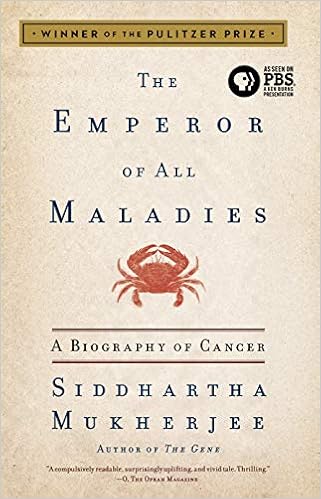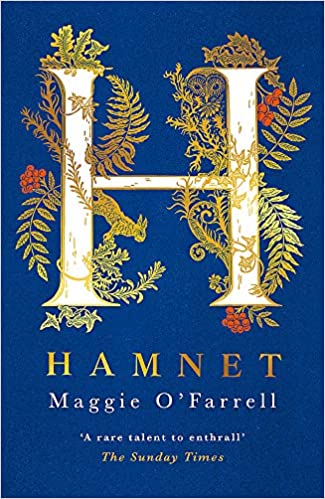Spring in Fialta
A malign star kept him
A Hero of Our Time by Mikhail Lermontov (1840) - One of the first Russian novels, the book follows three separate tales revolving around Pechorin, a young, wealthy Russian of a Byronic mold. The three stories aren't necessarily in order but all offer a deep dive into its main character's philosophy, intelligence, callousness and struggles against boredom and philistines. This largely takes its form in romantic manipulations. Anyone familiar with 19th century Russian literture is familiar with the concept and it's done just about as well as its successors. Naturally, some it hasn't aged very well in terms of progressive - well, Byronic - but I thought it was an entertaining read and I'm not comfortable criticizing the seed of a literary development for not being fully grown. But like I said, it still holds up very well on its own. I don't mind unlikeable characters and I don't care to relate with them, although, the title of this piece seems to suggest that Lermontov held Pechorin in higher regard than I do. Still, this would probably get edited out in a second in 2021, but I did especially love the flair of this exchange:
The Blue Room (1964) by Georges Simenon - Loved it. Simenon, cartoonish in the abundance of his output (he published hundreds of novels and makes Woody Allen look like a snail), is awe-inspiring considering the quality of his works when taking into consideration the speed at which he worked (it's hard to imagine how much revision could be done when you're cranking out 80 pages a day). The Blue Room is a fine book and an even better film (2014, Almaric). It works both as an erotic thriller and as a police procedural. The plot is simple: Tony Falcone, a Frenchman of Italian descent, has an affair with Andrée Despierres, a statueesque woman who while distant and above his station, has had her eyes on him since she was a youth. She loves him more than he realizes. She takes measures to ensure that they can be together. They both get arrested. The book essentially starts from there. Falcone is already under arrest although the reader is not told why - I knew why because I'd seen the movie years ago - and the narrative expertly merges between recollections of their affair, his family life, his past and his current predicament, questioning and trial included. It's not a flashy (or even intense) book, but just a perfect dissection of what an affair entailed, what it meant, what it led to and what were the consequences, both internal and external. The slight mannerisms are superb, and despite her craziness, it's, eum, how can I say this, difficult not to be impressed by Andrée's dedication and fortitude, even after her arrest. In short, she is always in control, and somehow more mature than Tony ever is. She is two steps ahead of him to their demise and this is what ultimately makes Tony a stupid and tragic character. It was the right choice to have the story told from his perspective. I think I'll watch Amalric's adaptation again this week.
Grushnitski (to Pechorin): "Mon cher, je haïs les hommes pour ne pas les mépriser car autrement la vie serait une farce trop dégoûtante." ("My friend, I hate people to avoid despising them because otherwise, life would become too disgusting a farce.")
Pechorin (replying to Grushnitski): "Mon cher, je méprise les femmes pour ne pas les aimer car autrement la vie serait un mélodrame trop ridicule" ("My friend, I despise women to avoid loving them because otherwise, life would become too ridiculous a melodrama.")
The Blue Room (1964) by Georges Simenon - Loved it. Simenon, cartoonish in the abundance of his output (he published hundreds of novels and makes Woody Allen look like a snail), is awe-inspiring considering the quality of his works when taking into consideration the speed at which he worked (it's hard to imagine how much revision could be done when you're cranking out 80 pages a day). The Blue Room is a fine book and an even better film (2014, Almaric). It works both as an erotic thriller and as a police procedural. The plot is simple: Tony Falcone, a Frenchman of Italian descent, has an affair with Andrée Despierres, a statueesque woman who while distant and above his station, has had her eyes on him since she was a youth. She loves him more than he realizes. She takes measures to ensure that they can be together. They both get arrested. The book essentially starts from there. Falcone is already under arrest although the reader is not told why - I knew why because I'd seen the movie years ago - and the narrative expertly merges between recollections of their affair, his family life, his past and his current predicament, questioning and trial included. It's not a flashy (or even intense) book, but just a perfect dissection of what an affair entailed, what it meant, what it led to and what were the consequences, both internal and external. The slight mannerisms are superb, and despite her craziness, it's, eum, how can I say this, difficult not to be impressed by Andrée's dedication and fortitude, even after her arrest. In short, she is always in control, and somehow more mature than Tony ever is. She is two steps ahead of him to their demise and this is what ultimately makes Tony a stupid and tragic character. It was the right choice to have the story told from his perspective. I think I'll watch Amalric's adaptation again this week.
Last edited:









